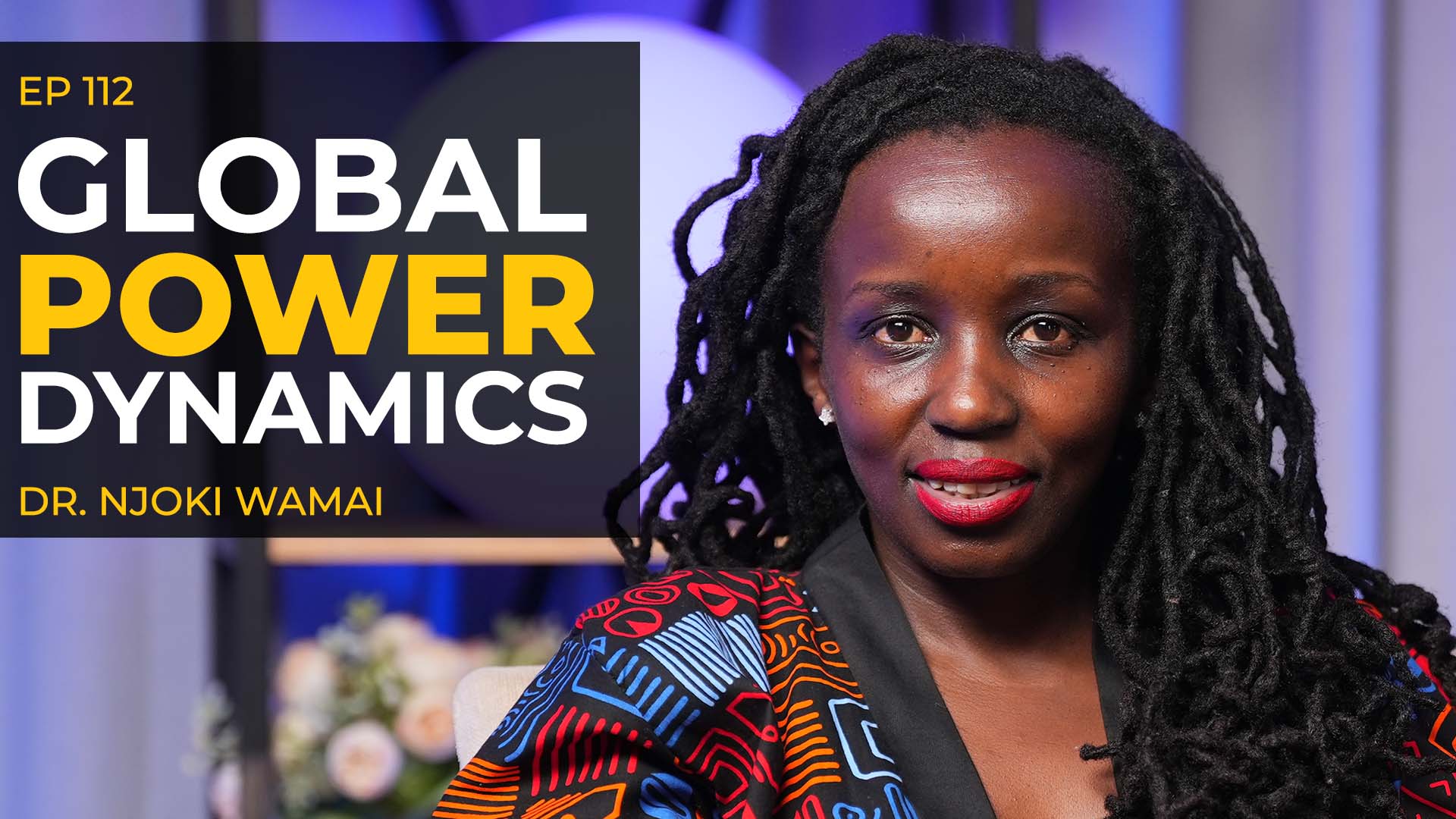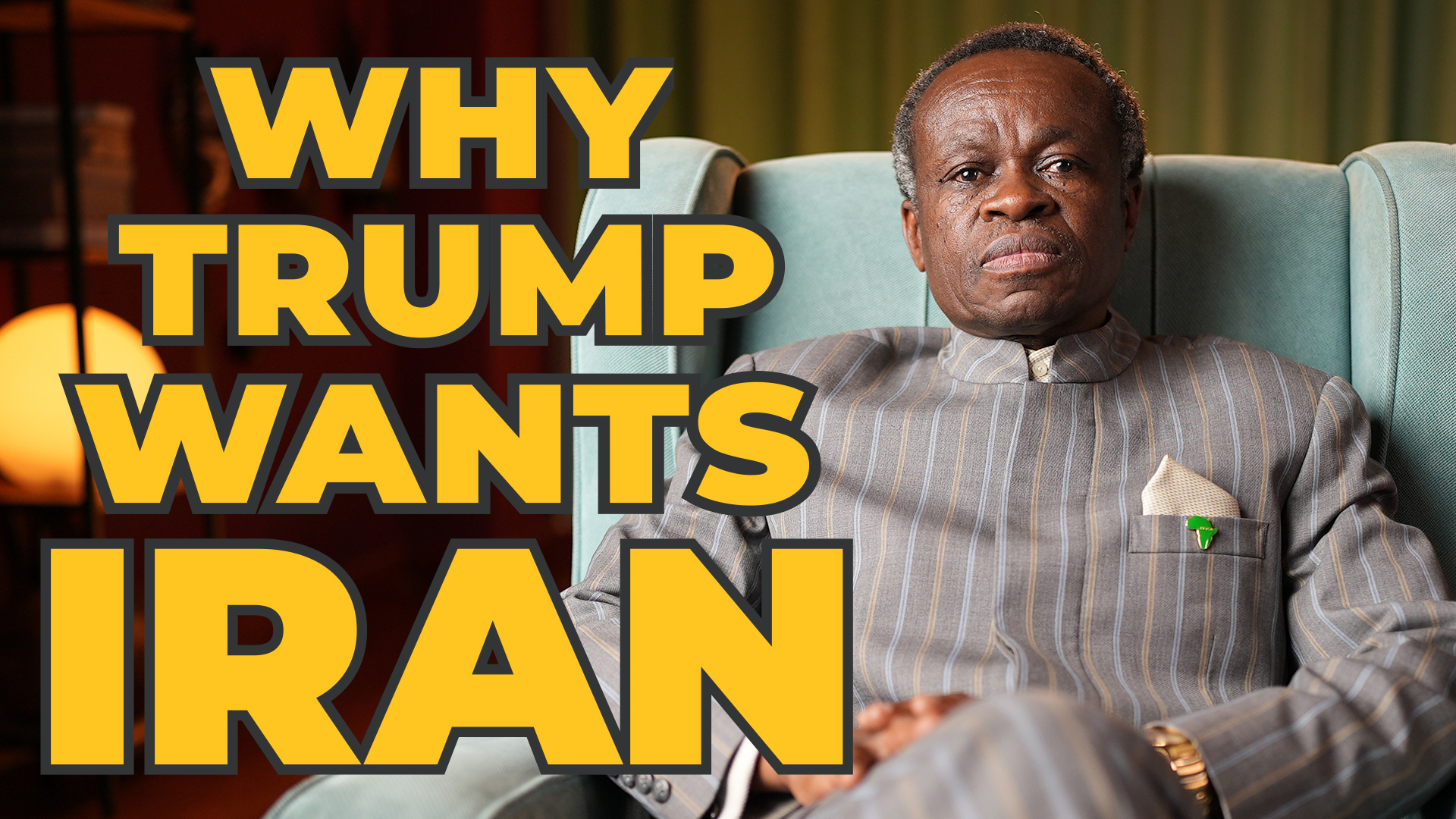The M23 Conflict in the Democratic Republic of Congo: Causes, Players, and Prospects for Peace
Background of the Conflict
The M23 rebellion in the Democratic Republic of Congo (DRC) has its roots in a complex interplay of historical grievances, ethnic tensions, and competition for valuable mineral resources. The DRC is rich in minerals like coltan, gold, and diamonds, attracting external actors and fueling both local and regional conflicts. The colonial legacy has left arbitrary borders that contributed to deep-seated ethnic rivalries and political instability.
1. Key Players Involved
M23 Rebels: Formed in 2012, the M23 (March 23 Movement) claims to represent the interests of the Tutsi ethnic group in North Kivu province. They argue they are fighting against the Congolese government’s failure to implement previous peace agreements.
2. Democratic Republic of Congo Government
Democratic Republic of Congo Government: The DRC government views the M23 as a terrorist organization and accuses neighboring Rwanda of supporting them, particularly given their occupation of Goma, a strategic city.
3. Rwanda
Rwanda: The Rwandan government denies backing the M23 but has been accused of intervening in DRC affairs multiple times, citing security concerns regarding armed groups in eastern Congo that threaten Rwanda’s stability.
4. International Community:
Various international actors, including the United Nations, have called for dialogue and urged respect for territorial integrity while providing humanitarian support to affected populations.
Funding and Support for M23
While the exact sources of funding for M23 remain murky, it is widely believed that they receive financial and military support from external actors, including possibly elements within neighboring countries. Smuggling and illegal trade in minerals also provide revenue streams for the group. Additionally, local communities may support M23 due to frustrations with the central government and a desire for representation.
1. Implications for Stability in the DRC
Stabilizing the DRC is a daunting challenge. Persistent violence, both from armed groups like M23 and from government forces, undermines efforts for peace. Social divisions, lack of governance, and poverty exacerbate the situation.
2. Prospects for Peace
For the DRC to achieve lasting peace, several conditions must be met:
– Inclusive Dialogue: Engaging all stakeholders, including armed groups and civil society, in a genuine peace process.
– Regional Cooperation: Encouraging Rwanda and other neighbors to work collaboratively towards stability rather than pursuing national interests that undermine peace.
– Strengthening Governance: Improving state capacity to provide services, security, and justice to marginalized communities can help build trust and reduce support for armed groups.
In conclusion, while the M23 conflict is rooted in complex historical and socio-economic issues, addressing these underlying causes through inclusive dialogue and regional cooperation is essential for establishing





Leave a Reply